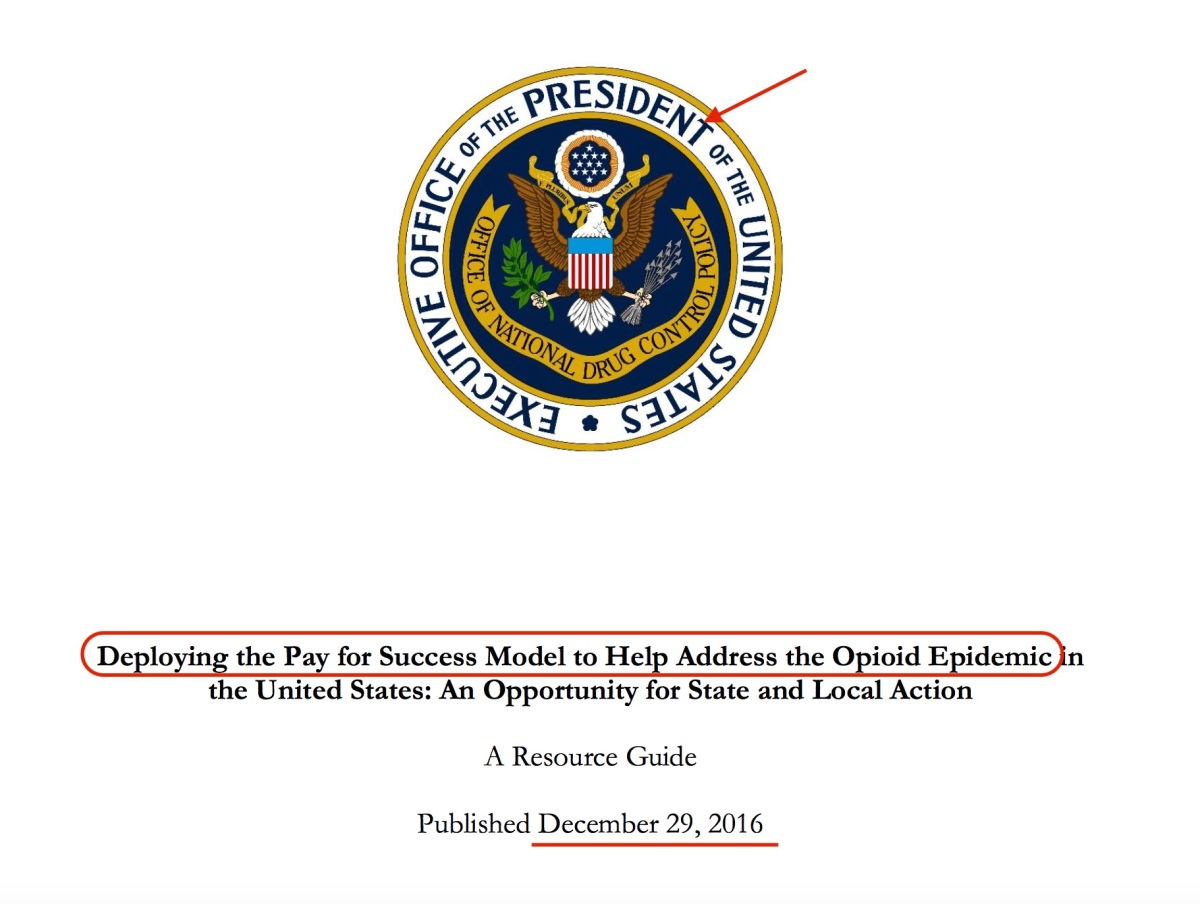New report reveals over $100 million per year spent by NYC on charter facilities | Class Size Matters
New report reveals over $100 million per year spent by NYC on charter facilities
For immediate release: October 21, 2019
New report reveals over $100 million per year spent by NYC on charter facilities
Includes payments to help charter schools rent space in buildings owned by their CMOs or related parties
Also: 175 public schools co-located with charters lack $22M in matching funds for facility upgrades
On Monday, October 21, Class Size Matters released a new report revealing how the NYC Department of Education spent more than $377 million on charter school facility costs from FY 2014 to FY 2019. This amount includes both matching funds for facility upgrades for public schools, co-located with charter schools that spent more than $5000 for this purpose, and on paying the rent for new and expanding charter schools in private space. Nearly $15 million of this total since FY 2015 was expended by DOE to help charter schools pay for their space in buildings owned by their Charter Management Organization, affiliated foundation or LLC.
In FY 2019, DOE spent about $25 million on matching funds to public schools co-located with charter schools. Yet between FY 2014 and FY 2019, more than $22 million in charter school expenditures on facility upgrades were not matched in 175 public schools that shared their buildings, in apparent contradiction to a state law passed in 2010, according to spreadsheets provided by DOE. In FY 2019, only one third of co-located public schools received their full complement of matching funds.
The two schools which experienced the largest shortfalls were both District 75 schools that serve students with serious disabilities: Mickey Mantle School (M811), located in two sites in Harlem, which lacked $1.5 million in matching funds, and P.S 368 (K368), located in two sites in Brooklyn, which lacked $1.2 million. All four sites are co-located with different branches of Success Academy Charter schools.
Mindy Rosier is the UFT chapter delegate from Mickey Mantle School, which enrolls students with multiple disabilities, including autism, emotional/behavioral difficulties and/or significant language and communication disorders. As Mindy pointed out, “The $1.5 million in matching funds for facility upgrades would have been incredibly helpful to our school. Our District 3 site needs new wiring, since the internet is very slow and much of our curriculum is online. Our site in District 4 needs new bathrooms and water fountains, and nine classrooms out of ten badly need repainting.”
The DOE currently holds leases for 12 private buildings that house 15 charter schools, with a cost to the city of $17.1 million in FY 2019 alone. In addition, there are 88 charter schools that receive a per student “lease subsidy” from the city to help pay for their own private space, which has increased by 72 percent since FY 2017. In 2019, DOE was projected to spend about $83.6 million in lease subsidies for charter schools, with an estimated $50 million of that total reimbursed by the state.
By analyzing audited financial statements, charter school annual reports, and property records, the authors found that the lease payments made by DOE included $14.8 million to eight charter schools housed in buildings owned by related parties of these schools, that is, their own Charter Management Organizations or an affiliated LLC or foundation.
For example, DOE provided lease subsidies of $2.2 million in FY 2019 for two Success Academy charter schools, even though the Success CMO owns the space in the Hudson Yards complex on the west side of Manhattan. In another case, the city paid $461,965 in lease subsidies in FY 2019 towards the rental costs of Beginning with Children II charter school, despite the fact that the Beginning with Children Foundation bought the Brooklyn building for only ten dollars in 2017. More examples are provided in the report.
Carol Burris, Executive Director of the Network for Public Education said: “It is outrageous that the taxpayers of New York City and the state are required to pay $2.2 million a year to house two Success Academy charter schools located in a building that their Charter Management Organization owns. And Success is not alone. This report documents eight charter schools for which taxpayers are footing the bill that are in buildings owned by the charters themselves or affiliated organizations. The Network for Public Education has studied all of the various charter laws and their loopholes. I have never seen any other that requires the district to cover the costs of private facilities like this one does. One wonders whether this is about educating children or building a real estate empire at taxpayer expense.”
“New York City has more than 500,000 students in overcrowded public-school buildings, as well as class sizes far higher than those in the rest of the state. Yet we are also the only district obligated to cover the cost of private space for charter schools, or offer them space in public school buildings,” said Leonie Haimson, one of the co-authors of the report. “The cost to the city of providing space for charter schools has risen sharply over the last five years. If the current trend continues, the amount spent annually may soon exceed the cost of the payments to finance the construction of new public schools.”
“This is unconscionable! While public schools across the city and state have been fighting for more than $4 billion in funding owed under the Foundation Aid formula, we are handing over public dollars to charters such as Success Academy on a silver platter. Rectifying this budgetary fiasco would help ease overcrowded schools and bring much needed funding to our under-resourced schools and districts,” expressed Senator Robert Jackson from Manhattan and lead plaintiff for Campaign for Fiscal Equity.
Concluded Diane Ravitch, celebrated education historian, “The findings of this report should shock the conscience of the Governor and Legislature. They should amend the law as soon as possible so that the city is no longer forced to subsidize the acquisition of private space by charter schools, even as our public schools are badly underfunded and overcrowded.”





























